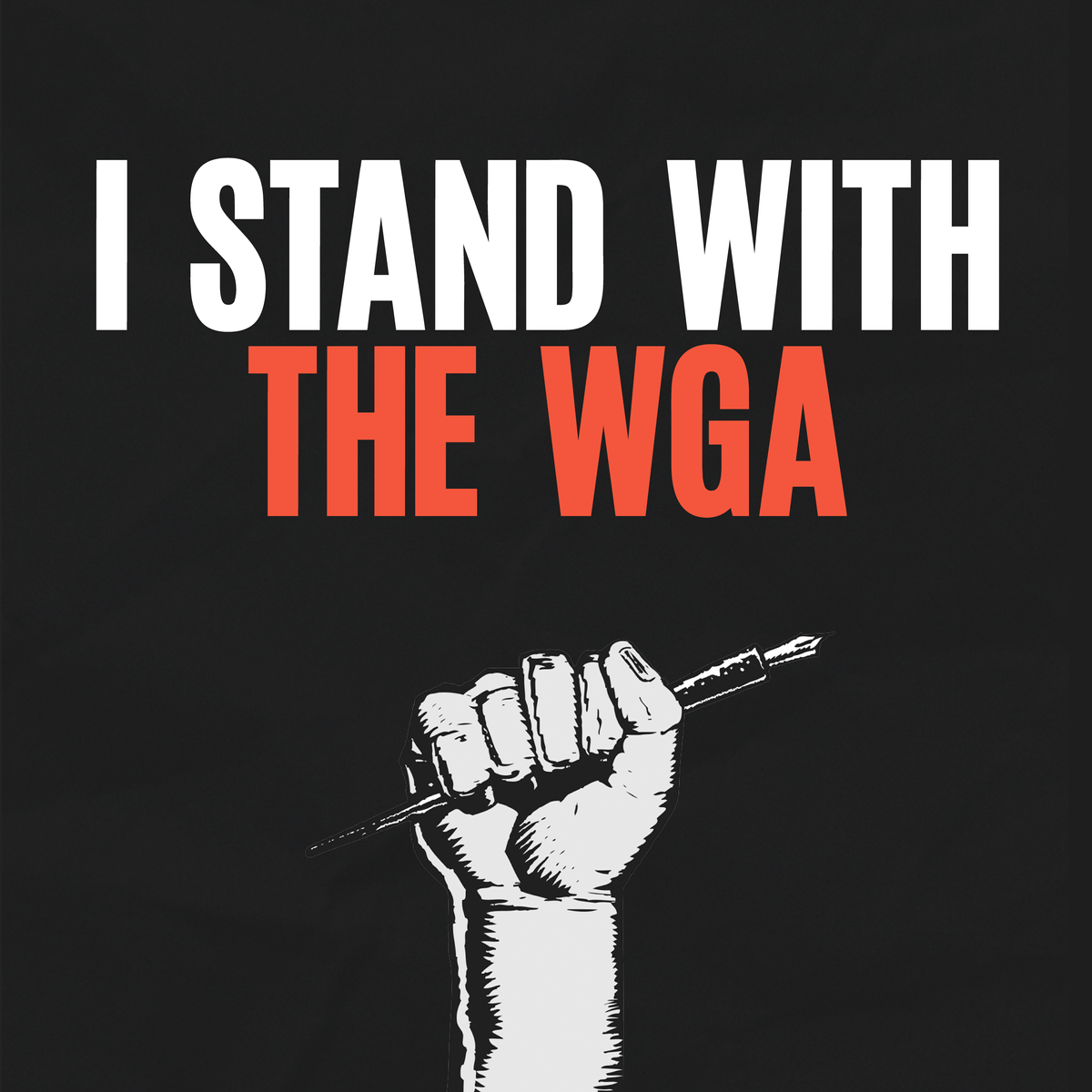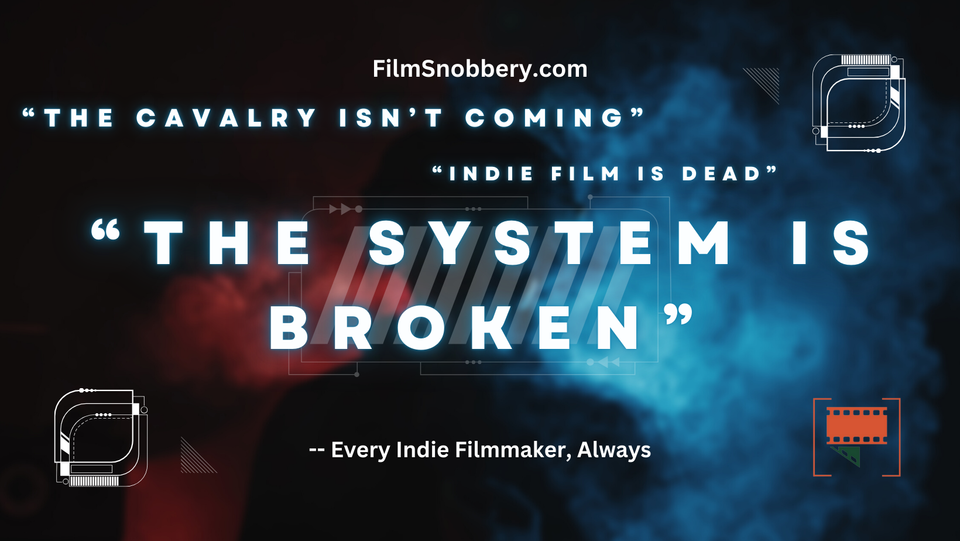A Striking Turn of Events

"Some pay to see me win, some pay to see me lose, but they all pay." – Floyd Mayweather
The 2023 WGA writers’ strike is coming at a pivotal time in Hollywood, and more than just the writers of your favorite shows are affected. The WGA made great strides in the 2008 strike, paving the way for streaming service revenue and credit for writers, and an obligation for streamers like Net ix and Amazon to use guild members for their original productions. The 2023 strike is just as necessary and important for the viable future of being a screenwriter (or writer of any discipline, really) as it was over a decade ago.
During the height of the pandemic, when folks all over the world were working from home, a lot of us turned to streaming services like Net ix, Paramount+, Disney+, and Apple for our entertainment. Not only were they cheaper alternatives to going out to the movies, and in some cases paying for a cable subscription, they were also safer alternative forms of entertainment to keep people safe from getting sick. These streaming services raked in record profits over this period, as they have year over year with few exceptions.
There are many misconceptions about what this strike is about, the value of writers, and how the money changes hands within the studio system. In this article I hope to dispel some of that mystery for folks not in the entertainment industry, and to show support to those people on the picket lines; you are not alone!
To start, none of the television shows you watch get made without writers. Period. End of story, literally. Now, there are topics of interest to the WGA that have been brought to the attention of the studios (collectively bargaining at the table against the WGA as AMPTP) such as using AI models like ChatGTP to write (or assist) in writing scripts. As a former network engineer, I’m excited about the future of AI, but as a writer and a creator, it is insulting to believe that AI can replace the human experience that a writer infuses into their work. It has been proven time and again that a machine cannot replace a human, even if it gets close. That small percentage margin that just “feels” like a machine will pull audiences out of the world of make-believe the studios are trying to sell them quicker than a Tesla autopilot slamming into a semi-truck (this actually happened, Google it). Another couple points of contention are mini-rooms and residuals. What is a mini-room? This is essentially where writer’s come together to “break story” on new seasons or series of television (or streaming productions, whatever you want to call them). During these mini-room sessions, writers are generally not paid their full wages, usually accepting guild minimum, and are not employed for extended periods lengths of time. Many of them are not even brought back as regular writers when/if a series gets greenlit and shot. This brings us to residuals. For those who aren’t in the industry, you might not know that streaming services like Net ix don’t share their viewership numbers outside of the company. While a show like Game of Thrones might bring in record amounts of revenue, there is no way for the guild to check that back to their members for residual checks. That lack of transparency has been used since the first big streaming hits like House of Cards to keep costs down and money out of the hands of hardworking writers that were greatly responsible for the success of that show.
The studios make billions of dollars a year, right? Yes and no. While the numbers show that studios are making money hand over fist, the truth of the matter is that many of the costs of production and marketing have those studios deep in the red. So where does the money coming in go? Bonuses, stock options, and pay for their C-suite (e.g., Reed Hastings, the former CEO and Executive Chairman of Net ix) executives. There are also paydays that go out to the hedge fund managers that essentially pay for all the production that happens in Hollywood (along with a healthy pro t margin allocated for them), and of course the stockholders (the last time that Net ix split its stock was 2015, and currently has a market cap of $141 billion). Like many companies, their worth is based more on perceived value than what they actually have in the bank. So, when the studio says the “can’t afford” to pay writer’s more, what they are actually saying, while being semi-truthful, is that to pay writers their full worth, their stockholders would have to take a hit, as would their perceived value, which to a public company trading on the stock market is suicide. Large corporations have zero accountability to their employees but have 100% accountability to their shareholders. This is a vile practice that is prevalent all over the world, not just Hollywood, and is responsible for a lot of the labor issues we as a society currently face.
How can you support the WGA strike? Even if you are not a WGA member, you can show up and picket with your favorite television and movie writers. You can bring food, sunscreen, and water to the picket sites. If you don’t live close to those locations, you can support them on social media. There are even folks out there you can Venmo to send a pizza to the writers who are walking the lines all day for a fair wage and working conditions. This strike affects more than just Hollywood. This will affect how you watch television and movies in the future, and if the studios can get away with their schemes of paying writers less, your boss can do the same to you. The only difference between you and the WGA is that there are over 11,000 members working in concert to ght for a fair wage, and if you aren’t in a union, you’ll be walking into that next negotiation alone. Good luck




